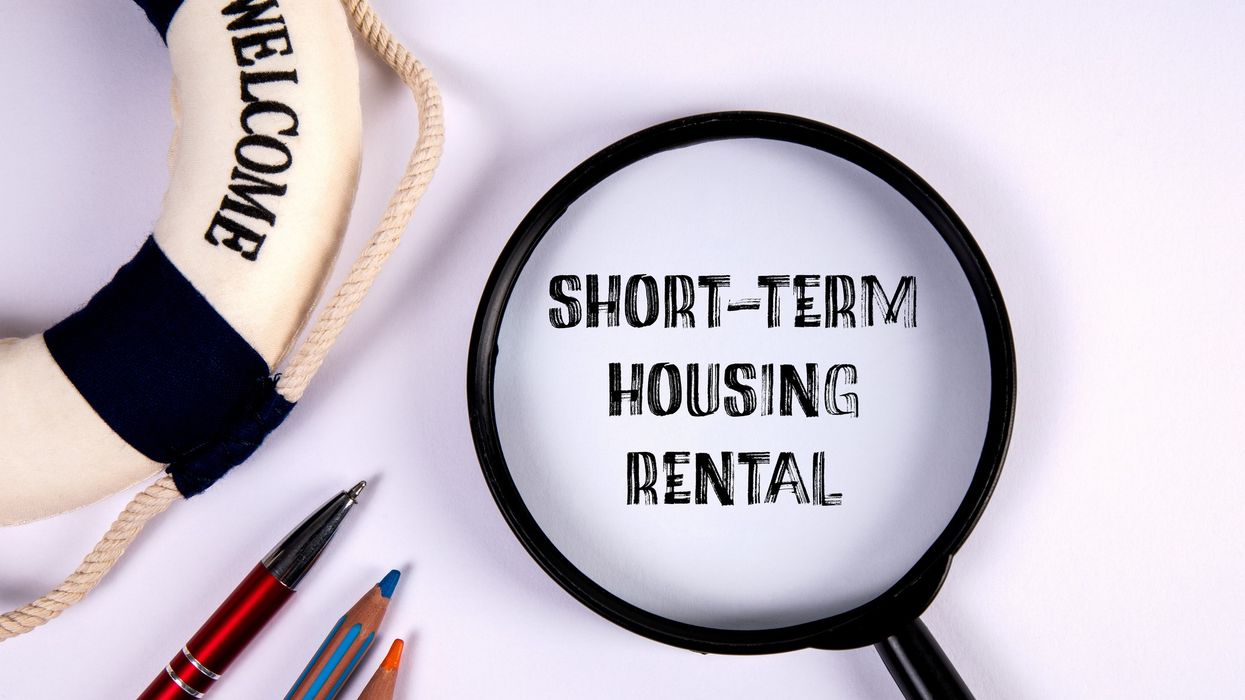Summary:
- STRs led hotels by 9 points in Q2 RevPAR.
- Mid-Atlantic saw the highest growth at more than 11 percent; Southwest fell 4 percent.
- September forward occupancy is down 11 percent year-on-year.
SHORT-TERM VACATION rentals saw broad gains across the U.S. in the second quarter, maintaining their edge over hotels despite economic pressures. The shift in the travel accommodation landscape by Key Data tracked more than 13 million listings nationwide.
According to Key Data’s U.S. Vacation Rental Market Index, STRs delivered a nine-point advantage in RevPAR compared to hotels, a sign of their continued appeal to both investors and travelers.
“The results are a reminder that short-term rentals continue to offer strong value,” said Melanie Brown, vice president of data insights at Key Data, told the World Property Journal. “Despite macroeconomic pressure, demand held steady.”
The Mid-Atlantic led with an 11 percent year-over-year RevPAR gain, supported by a 10 percent jump in occupancy. New England followed with 10 percent growth, while the Rocky Mountain region rose 9 percent, Hawaii 6 percent and the Midwest 5 percent. The Southwest was the only underperformer, down 4 percent due to oversupply and rate compression.
Nationally, average daily rates increased 1 percent, but average stay lengths fell. Forward-looking indicators show potential softness ahead: occupancy for September is projected to be 11 percent lower than last year and booking windows have shortened.
Brown noted that the sector is becoming more fragmented, with success depending increasingly on local market strategy, dynamic pricing and cost control.
“Some markets are accelerating, others are softening,” she said. “With headwinds building into the back half of the year, staying close to the data will be key.”
“The market is separating into over- and under-performers based on operational sophistication,” said Quinn Monescalchi, senior data analyst at Key Data. “Properties that can quickly adapt to changing booking patterns and maintain service quality are sustaining performance despite broader market challenges.”
Recently, extended-stay hotels outperformed vacation rentals and apartments in comfort, value and sense of home, according to a survey by Extended Stay America.

















